
Scientists hijacked the human eye to get it to see a brand-new color. It's called 'olo.'
Using an experimental technique called "Oz," researchers stimulated the human retina such that people saw a brand-new color.
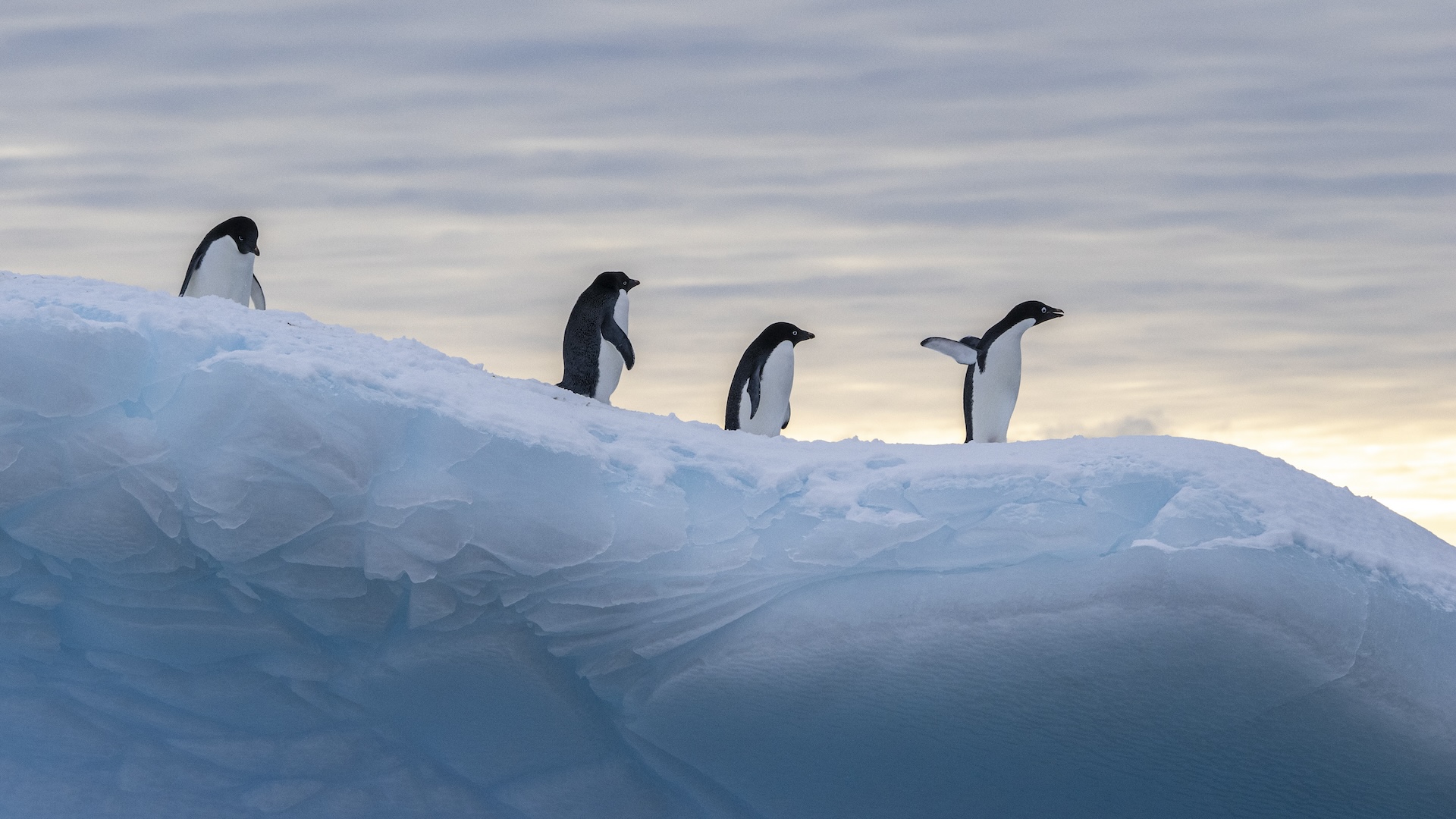
By Nola Taylor Redd last updated
Antarctica is the coldest, windiest, and driest continent. Because so little moisture falls as rain or snow, Antarctica is classified as a desert.

By Sascha Pare published
The land beneath the former Aral Sea in Kazakhstan and Uzbekistan is rising and will continue to do so for many decades. Now, scientists have an explanation that involves the sea drying up.

Discover the research changing our understanding of the world
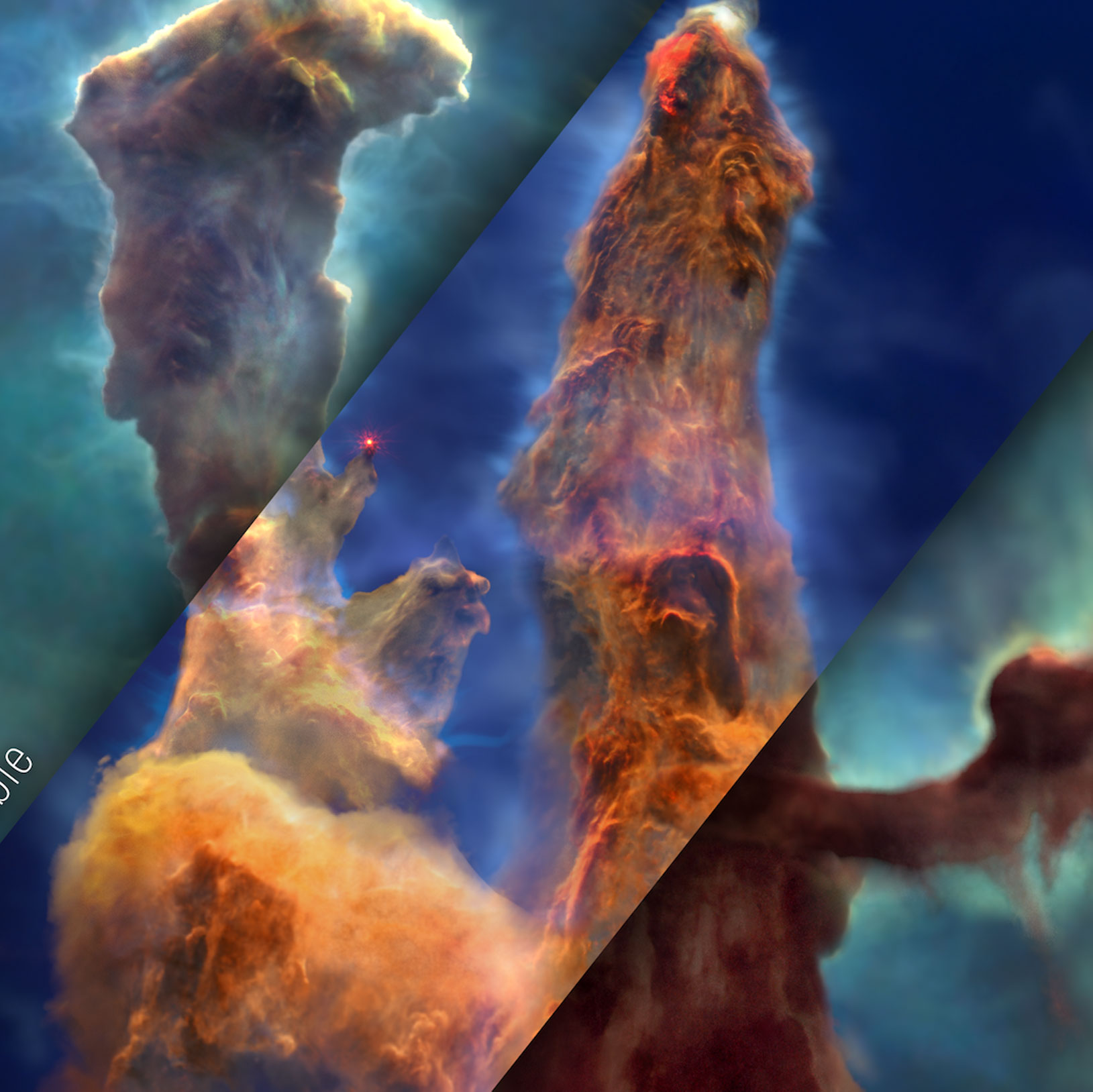
Extraordinary images of our sublime universe

Science questions, answered
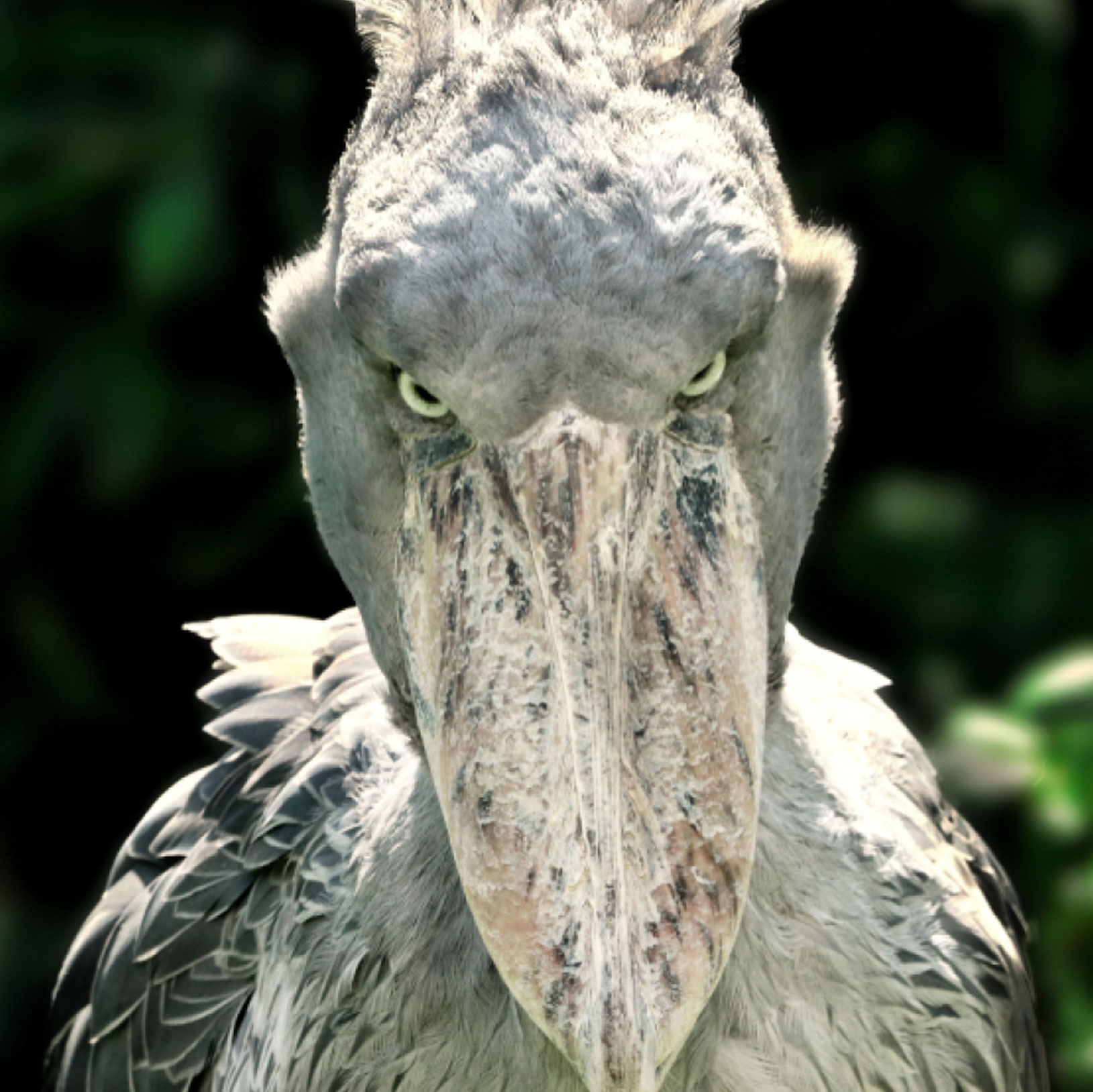
A look at the weird and wonderful species that live on our planet

Test your knowledge of everything from space to nature

Unusual case reports from the medical literature
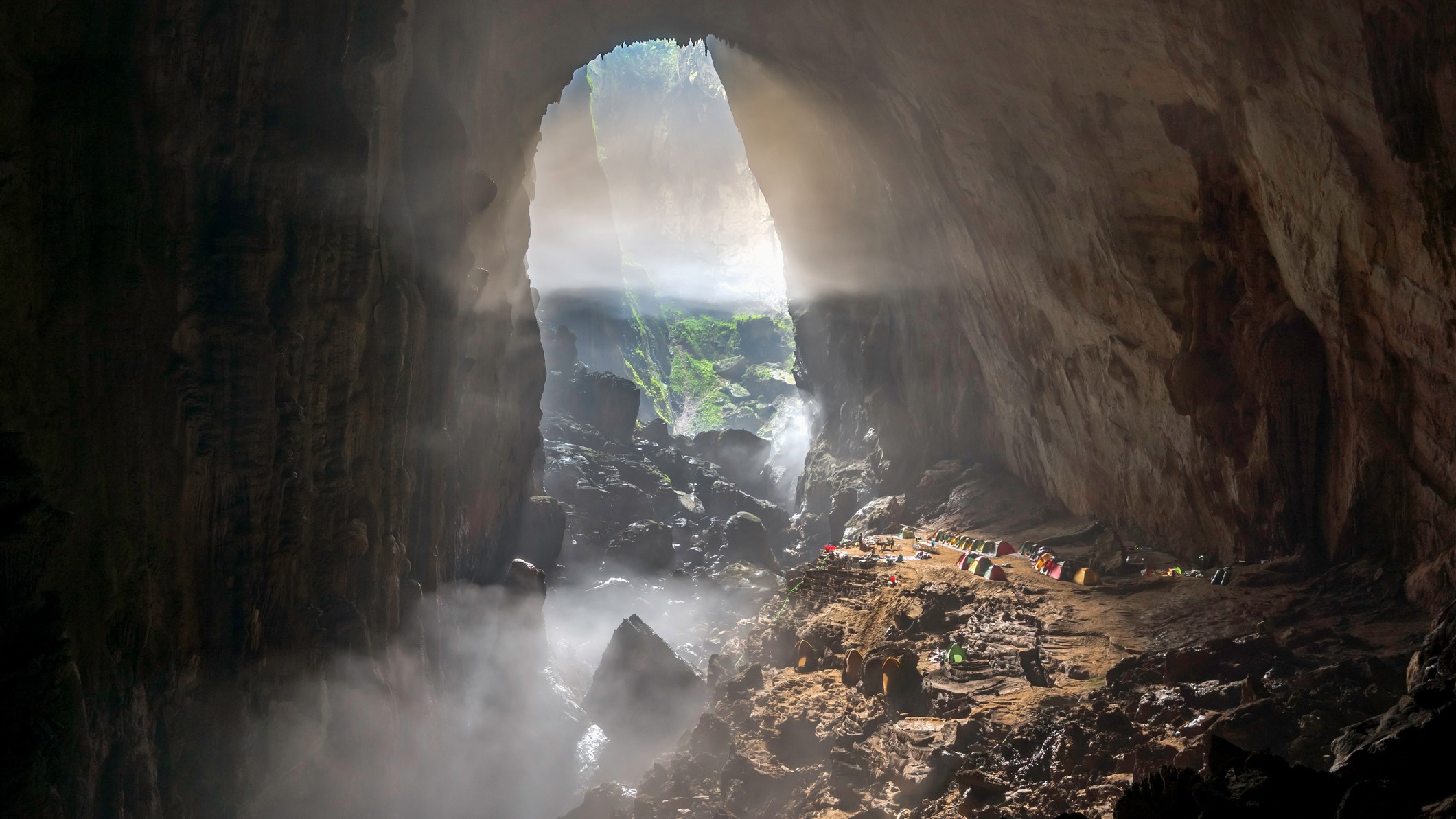
A window onto extraordinary landscapes on Earth
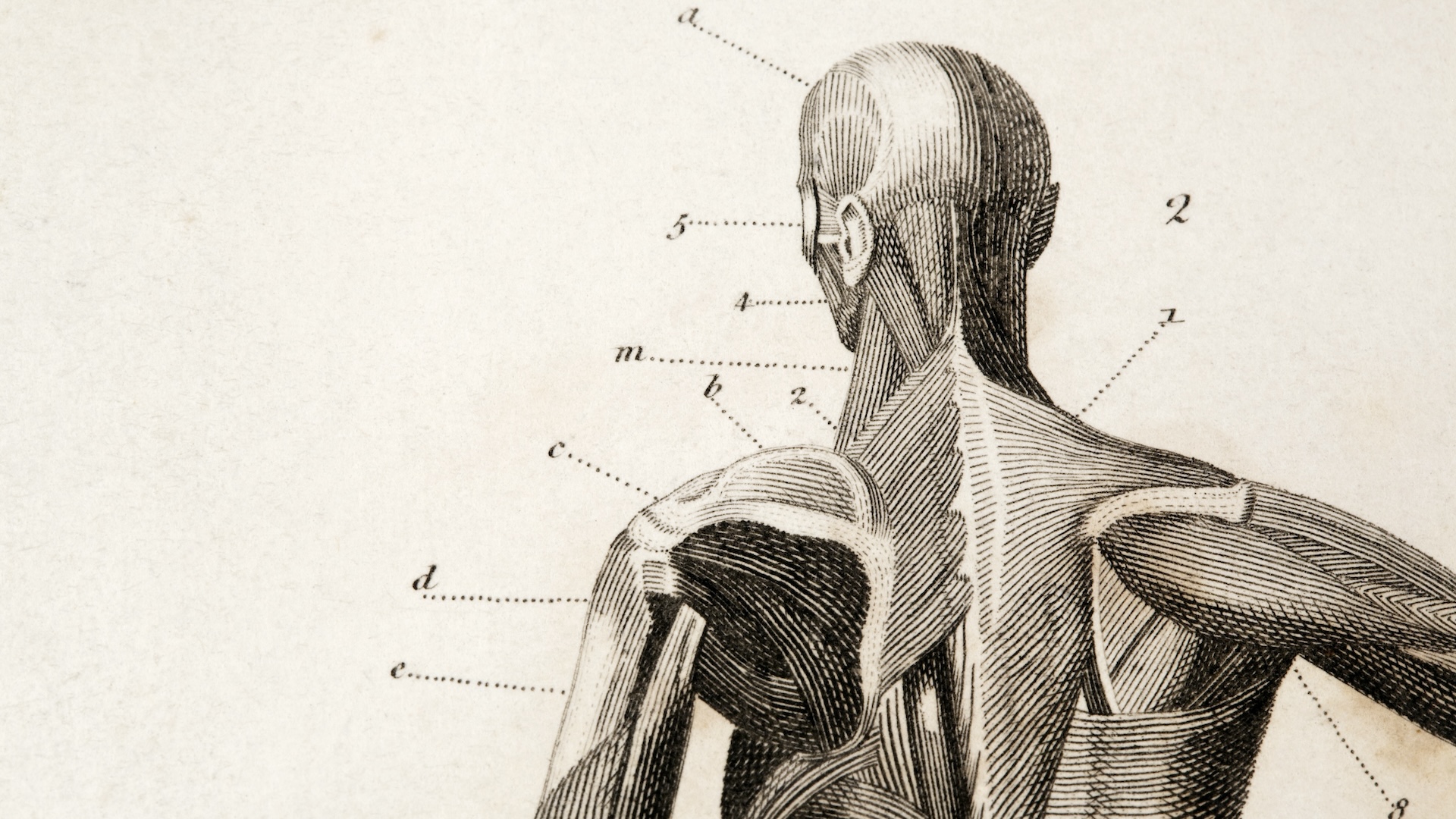
Medical conditions you may never have heard of before

A glimpse into how people lived in the past
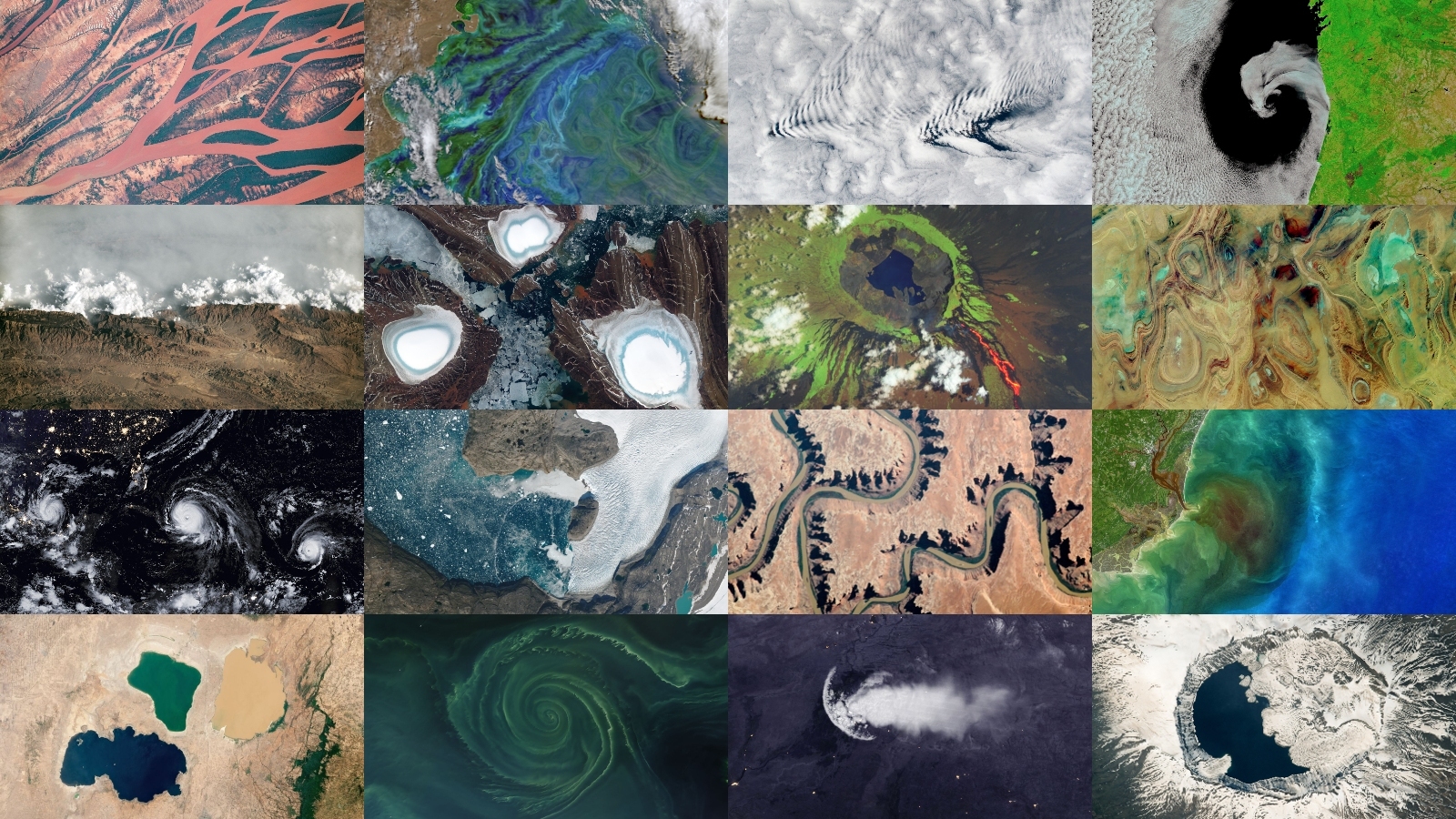
Incredible images of our planet from above

Our roundup the biggest discoveries and top science in the news each week

By Emily Cooke published
Lesch-Nyhan syndrome is an extremely rare disease that affects patients' behavior and cognitive skills.

By Patrick Pester published
Yellowstone's Junction Butte wolf pack failed in a recent attempt to kill a bison, but the pack appears to be thriving again after the death of its former alpha female, Wolf 907F.

By Kim Snaith last updated
From sets celebrating architecture and famous art to clever designs, these are the best Lego sets for adults.

By Ben Turner published
Physicists have set a new upper limit on the mass of neutrinos. And the finding could poke a big hole in the Standard Model of particle physics.
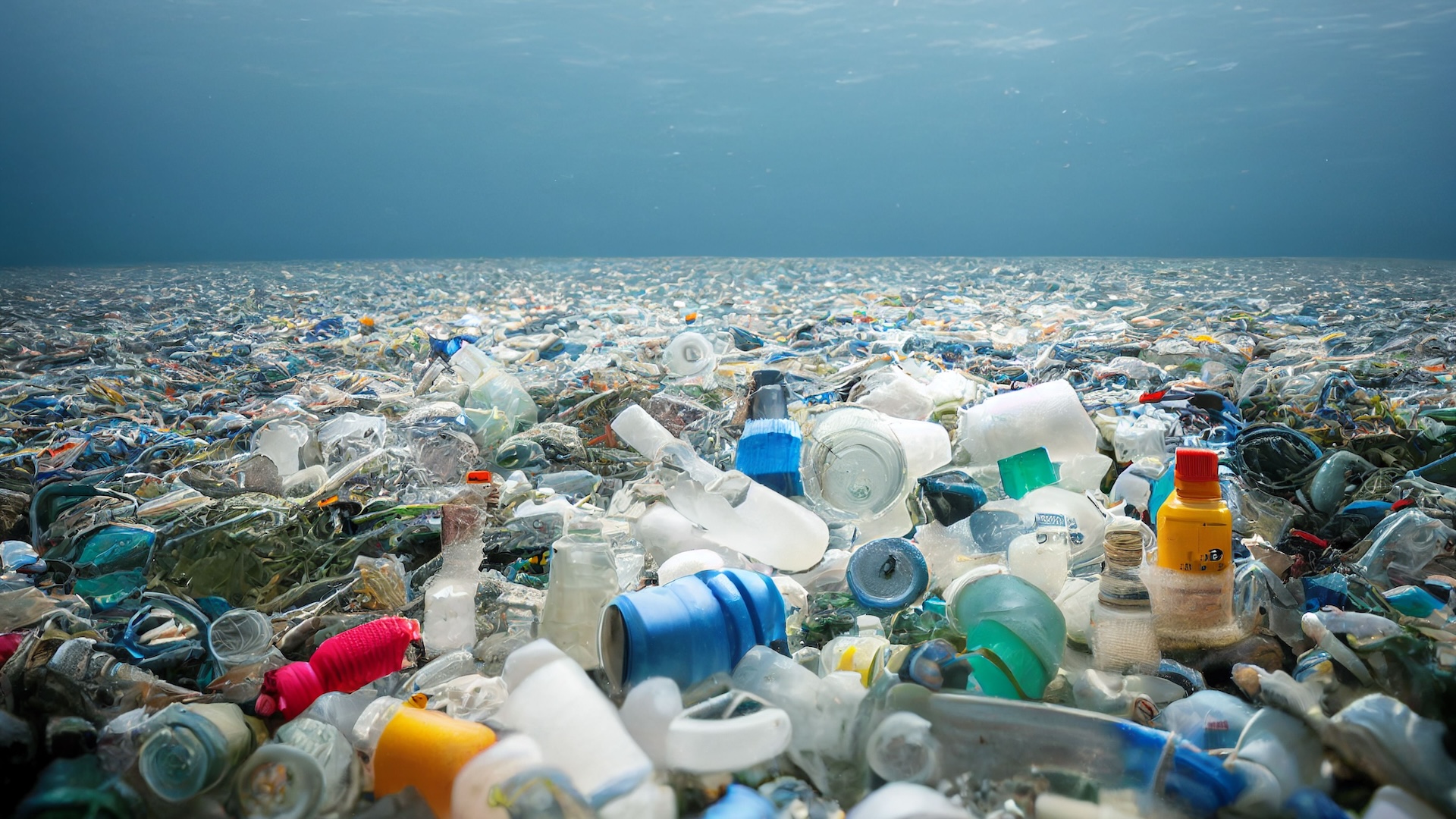
By Ben Turner published
Scientists developed a new method for breaking down one of the most common plastics to a byproduct that can be upcycled into more valuable materials.

By Alan Bradley published
The exotic quantum phase, predicted over half a century ago, could lead to advances in quantum computing, sensors and communication technology.

By Sharmila Kuthunur published
SpaceX's Starlink internet satellite constellation has become a prime target for Russia and China, according to a new report assessing the counterspace capabilities of a dozen countries over the past year.